Tucked into rolling countryside from southwestern France to Spain’s northern coast lies a treasure trove of artifacts and art left by early humans tens of thousands of years ago. Witness some of the oldest art in the world in caves from Lascaux to El Castillo, and marvel at the artistic skill and sensitivity of our early ancestors.
Prehistoric Caves of France and Spain
10 days from $7,290
Tucked into rolling countryside from southwestern France to Spain’s northern coast lies a treasure trove of artifacts and art left by early humans tens of thousands of years ago. Witness some of the oldest art in the world in caves from Lascaux to El Castillo, and marvel at the artistic skill and sensitivity of our early ancestors.
Experts
/https://tf-cmsv2-journeys-media.s3.amazonaws.com/journeys/expert/2021_01_19_-_April_Nowell_-_WEB_SIZE_1.jpg)
April Nowell
Dr. April Nowell is a Paleolithic archaeologist, Professor of Anthropology and a Distinguished Lansdowne Fellow at the University of Victoria, Canada where she has taught classes on cave art for more than 20 years. She received her BA from McGill University and her PhD from the University of Pennsylvania. She directs an international team of researchers in the study of Lower and Middle Paleolithic sites in Jordan and collaborates with colleagues on the study of cave art in Australia and France and on ostrich eggshell beads in South Africa. In 2016, she and her colleagues working in Jordan published the world’s oldest identifiable blood on stone tools, demonstrating that 300,000 years ago early humans ate a range of animals from duck to rhinoceros.
She is known for her publications on Paleolithic art, cognitive archaeology, neandertals, the archaeology of children and the relationship between science, pop culture, and the media. Her work has been covered by more than 100 outlets including The Washington Post, The Guardian, The New York Times, CNN website, The Economist, and NPR, and her blood residue work was named one of Time Magazine’s top 100 discoveries.
She is the author of the book Growing Up in the Ice Age, winner of the 2023 European Archaeological Association Book Prize. Watch her in episode 5 of the NOVA series Ancient Earth and in the forthcoming CBC documentary Little Sapiens.
/https://tf-cmsv2-journeys-media.s3.amazonaws.com/journeys/expert/Pilaar_Birch_Suzanne.jpg)
Suzanne Pilaar Birch
Dr. Suzanne Pilaar Birch is an archaeologist whose work advances our understanding of human resilience to climate and environmental change in prehistory. She holds a B.Sc. in Evolutionary Anthropology and Human Paleoecology from Rutgers University, and an MPhil in Archaeological Science and PhD in Archaeology from the University of Cambridge, where she was a Gates Cambridge Scholar. She was a postdoctoral fellow at the Joukowsky Institute for Archaeology and the Ancient World at Brown University before joining the University of Georgia, where she is an associate professor with a joint appointment in the Department of Anthropology and the Department of Geography.
Dr. Pilaar Birch combines the study of animal bones and biogeochemistry to investigate changes in diet, mobility, and settlement systems in the period spanning the end of the last ice age through the spread of agricultural lifestyles in the circum-Mediterranean region. Her research has taken her from Turkey to Croatia, Kazakhstan, China, Italy, Cyprus, and most recently, Jordan; she has visited 27 countries across six continents in the course of her career.
She wrote and recorded the 20-episode series Early Humans: Ice, Stone, and Survival, now streaming on Wondrium and available as an audiobook on Audible. She has published over 35 peer-reviewed journal articles and book chapters and been awarded over half a million dollars in research funding from sources including the National Science Foundation, National Geographic, and the Arts and Humanities Research Council of the UK. She edited the book Multispecies Archaeology and is currently writing two popular audience books, Animal Bone Detectives (MIT Kids/Candlewick Press) and Life Before Agriculture (Princeton University Press).
She is one of the co-founders of the non-profit organization TrowelBlazers (www.trowelblazers.com), which highlights the contributions of women, past and present, in archaeology, paleontology, and geology.
/https://tf-cmsv2-journeys-media.s3.amazonaws.com/journeys/expert/Beebe_at_La_Ferrassie_photo_with_permission_by_Dennis_Sandgathe.JPG)
Beebe Bahrami
Beebe Bahrami is an award-winning writer and anthropologist who specializes in the intersecting worlds of European, Atlantic, and Mediterranean cultures, from prehistory to the present. She earned her BA from the University of Colorado and her PhD from the University of Pennsylvania, where she trained in the four-field anthropological tradition of cultural, biological, archaeological, and linguistic anthropology.
She conducts ongoing research and extensive writing in the past and present of the lands and peoples of southwestern France and northern Spain. Her work covers a wide range of topics and disciplines, from prehistoric sites, landscapes and caves, to those of the Neolithic, Bronze and Iron ages, through antiquity and into the medieval and the modern. Beebe has written on and excavated with the international teams working at the Neandertal sites of La Ferrassie, Pech de l’Azé, and Roc de Marsal. She also is an expert on the Camino de Santiago in France and Spain and has walked some 5,500 miles/8,850 kilometers, and counting, on these ancient routes, studying both the ancient pre-Christian landscapes, as well as the traditions, history, and lore that arose with the medieval pilgrimage.
Her books include Café Oc—A Nomad's Tales of Magic, Mystery, and Finding Home in the Dordogne of Southwestern France, Café Neandertal—Excavating Our Past in One of Europe's Most Ancient Places, The Way of the Wild Goose—Three Pilgrimages Following Geese, Stars, and Hunches on the Camino de Santiago, and the comprehensive travel guides, Moon’s Camino de Santiago—Sacred Sites, Historic Villages, and Local Food & Wine, The Spiritual Traveler Spain—A Guide to Sacred Sites and Pilgrim Routes, and Historic Walking Guides Madrid.
Photo credit: Dennis Sandgathe

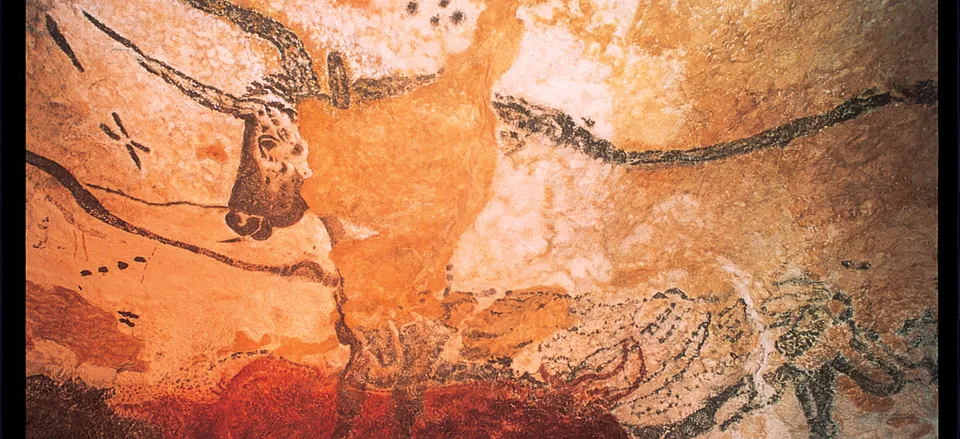
/https://tf-cmsv2-journeys-media.s3.amazonaws.com/filer/3e/59/3e59fabd-a019-4d34-8aa2-5a32c5a4d233/spa_altamira_cave_painting__santillana_del_mar_dt_xxl_108138951.jpg)
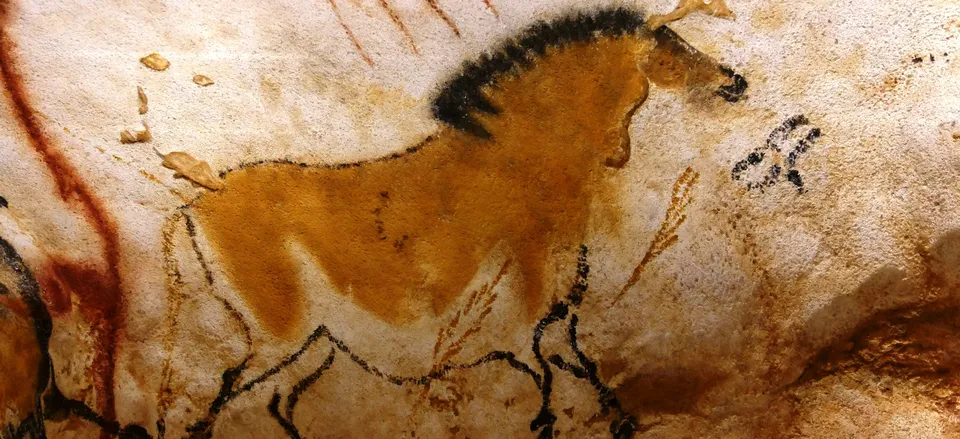
/https://tf-cmsv2-journeys-media.s3.amazonaws.com/filer/b2/80/b2808fae-8389-42d6-bfaa-f691347a45ba/fra_beynac_ss_07.jpg)
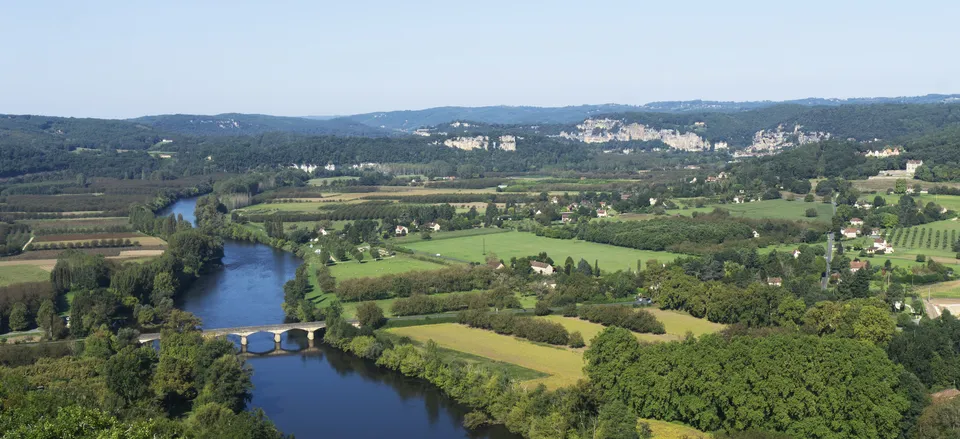
/https://tf-cmsv2-journeys-media.s3.amazonaws.com/filer/9e/3a/9e3ab4c4-e2f3-4808-93e4-6602c04554a3/fra_perigord_dt_xxl_116210147.jpg)
/https://tf-cmsv2-journeys-media.s3.amazonaws.com/filer_public/40/07/4007ab4b-3ea0-472a-aa85-3080e5e6fef0/fra_dordogne_leseyziesdetayac_dt_m_97626556.jpg)
/https://tf-cmsv2-journeys-media.s3.amazonaws.com/filer_public/ef/f3/eff33547-45b3-42e3-9be2-c53d0e37219c/fra_toulouse_ist_1266746556.jpg)
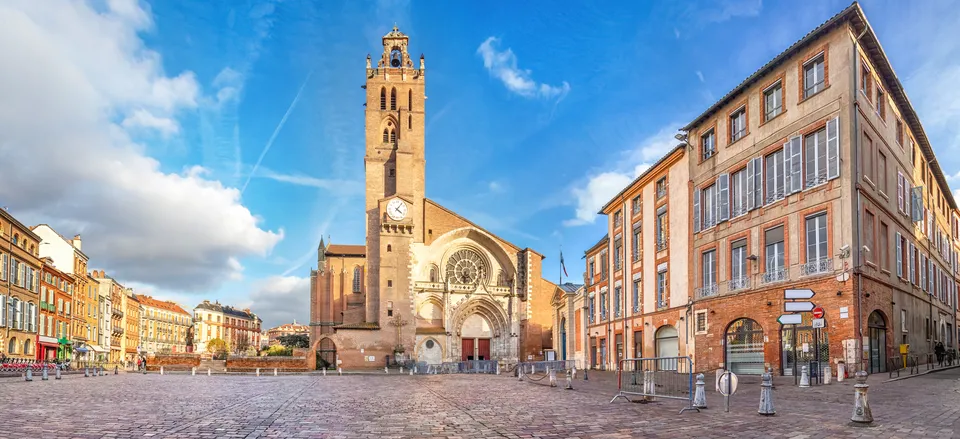
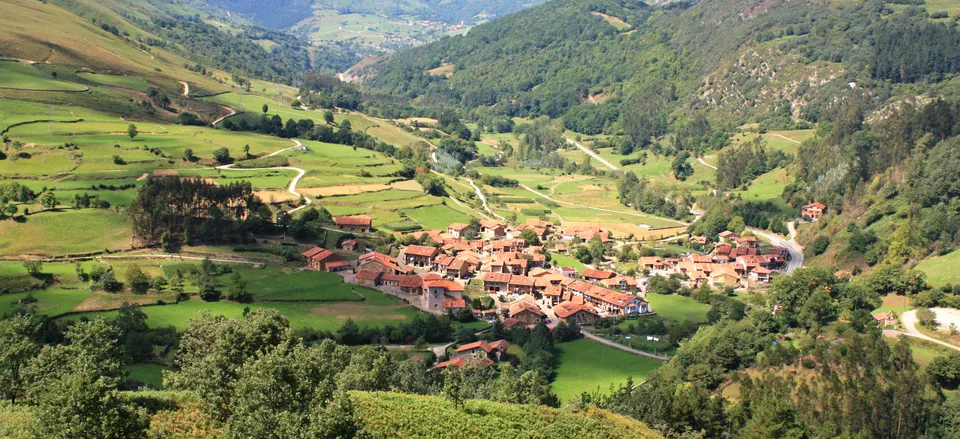
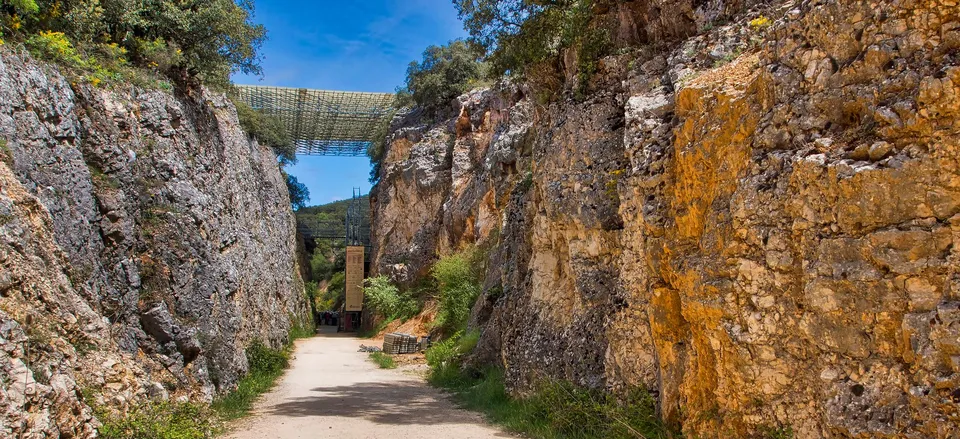
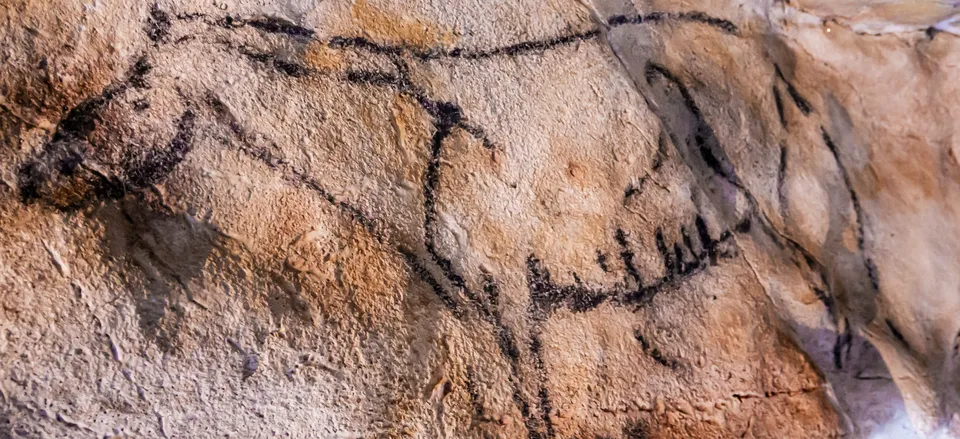
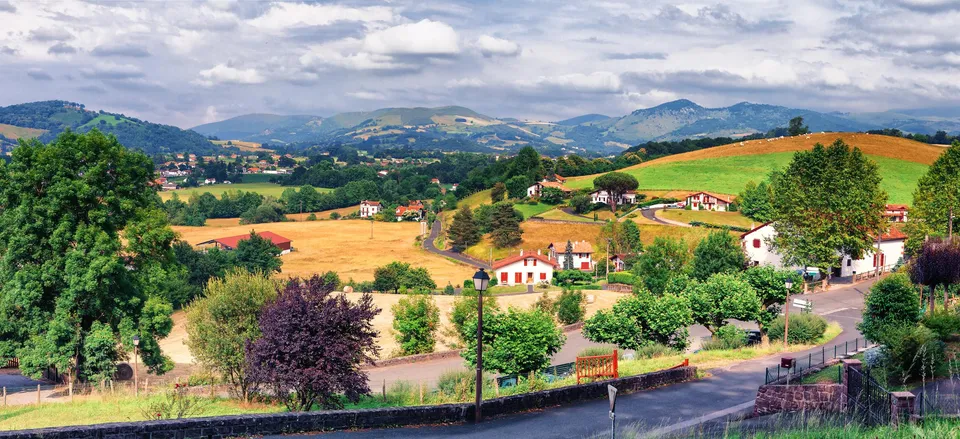
/https://tf-cmsv2-journeys-media.s3.amazonaws.com/filer_public/1e/ad/1ead89dd-6257-4652-97ae-fe584ccbd4b5/spa_bilbao_ist_579136622.jpg)
/https://tf-cmsv2-journeys-media.s3.amazonaws.com/filer_public/c7/0c/c70cb23d-2d35-4499-9848-0ec7ae1853fc/spa_bilbao_ist_537626052.jpg)
/https://tf-cmsv2-journeys-media.s3.amazonaws.com/filer_public/c9/ab/c9abad7b-fc6b-4a9c-92e4-bbb46c0b9aa6/spa_bilbao_oldtown_ist_824151922.jpg)
/https://tf-cmsv2-journeys-media.s3.amazonaws.com/filer/12/ba/12ba6dd6-3fe8-4449-ae6d-96bcf48aba4e/spa_sansebastian_eve_ist_1041664354.jpg)
:focal(1290x583:1291x584)/https://tf-cmsv2-journeys-media.s3.amazonaws.com/filer_public/6f/33/6f3339b4-0067-4f8c-9408-2b4d266e8f72/eng_stonehenge_dt_m_25886399.jpg)
:focal(1996x1730:1997x1731)/https://tf-cmsv2-journeys-media.s3.amazonaws.com/filer_public/b8/d2/b8d2a9df-861c-4690-8b9c-be660e68b1a4/fra_mtstmichel_aerialbeige_gettyrf_pierreogeron_621654700.jpg)